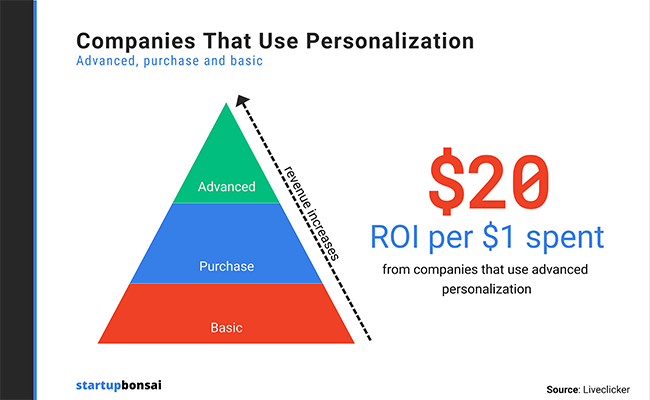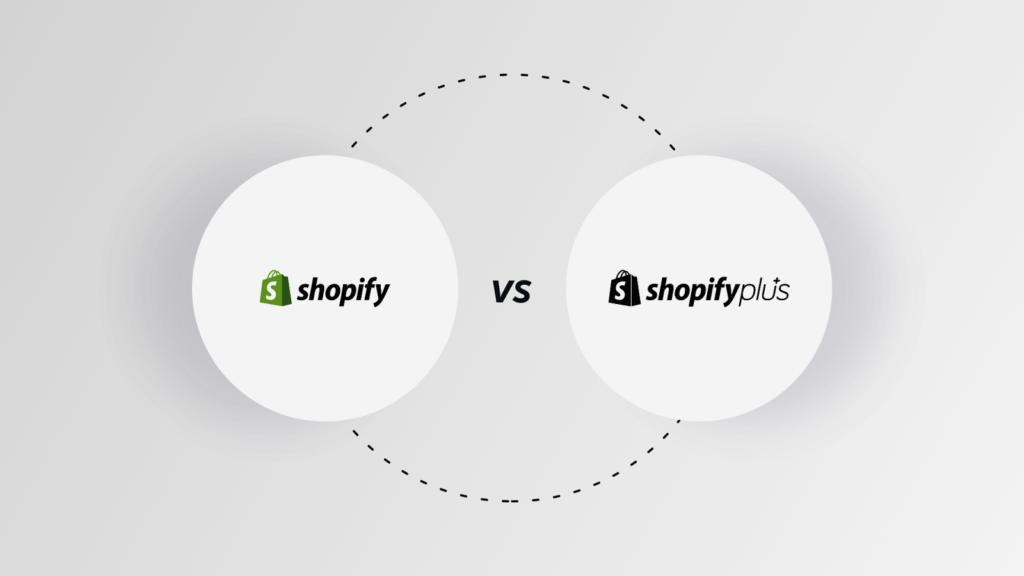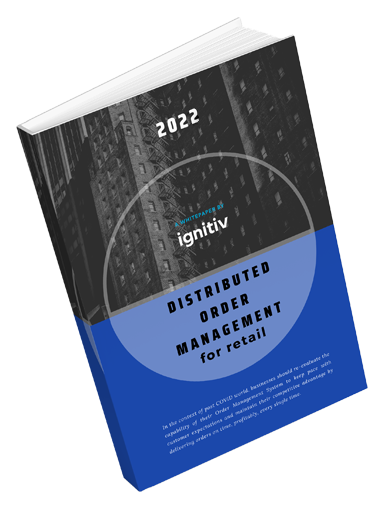In 2018, Accenture outlined that 91% of consumers are more inclined to engage with brands that provide personally relevant offers and recommendations. Fast forward to 2023, and the consumers’ demand for personalization has only proliferated, with over 56% of consumers implying that they’d be happy to become repeat buyers if the brand provides a personalized experience. Owing to the same, about 70% of business leaders are willing to increase their spending on personalization initiatives.
Such eCommerce personalization stats reflect upon the importance of personalizing the overall eCommerce experience for consumers. So, for the purpose of this blog, we will dive deep into why personalization is imperative to your business and what technological advancements could contribute to a robust eCommerce personalization strategy.
Benefits of an eCommerce Personalization Strategy
Enhancing Customer Experience
eCommerce personalization enables organizations to provide users with a more engaging and relevant experience. It shifts the experience away from a one-size-fits-all approach and towards tailoring the information and experience to each individual.
Customers feel understood and valued when they receive personalized product recommendations, tailored content, and customized promotions, which leads to improved satisfaction and loyalty. All in all, a robust eCommerce personalization strategy strengthens your customer base and demonstrates that you care about each and every one of them — something that positively influences purchasing decisions and contributes to better ROI.

Increasing Customer Engagement and Loyalty
The right mix of personalization tactics delivers a personalized experience that keeps customers engaged longer and encourages them to come back. It keeps the customers involved with your site, brand, and products and creates a community-like environment in which every customer feels valued.
The biggest eCommerce marketplaces out there employ multiple personalization tactics (like loyalty programs) to engage with customers, build stronger relationships, and increase overall sales. It’s a win-win situation, where customers feel that their voice matters, and business owners are able to amplify the total value of each visit.
Analyzing Customer Behavior and Preferences
Personalization initiatives generate important consumer data, which can be further analyzed to learn more about customer behavior, preferences, and trends. This information can be utilized to improve product offerings, optimize marketing methods, and uncover growth prospects. Businesses may make educated (informed) decisions and promote continuous development by leveraging data-driven insights.
The Challenges to Effective eCommerce Personalization
Data Privacy & Security Concerns
Collecting and analyzing user data is a major worry and obligation that personalization entails for eCommerce firms. This creates privacy and security concerns concerning data, especially if a proper security infrastructure isn’t in place. To protect consumer information, businesses must comply with relevant data protection rules and implement rigorous security measures.
Ethical Considerations
There are obvious ethical considerations regarding customers’ privacy while personalizing the products. But along with that, it is critical to be open and honest about the personalization strategies utilized, the data acquired, and how it is used. The personalization initiatives must also be designed in a way that they avoid discrimination and bias.
Unifying the Enterprise Systems
While enterprise systems play an important part in personalization, they can be difficult to manage at times. Integration of different systems, such as customer relationship management (CRM) platforms, eCommerce platforms, and analytics tools, can be difficult and time-consuming.
Technology Approaches to Implement a Winning eCommerce Personalization Strategy
Advanced Data Analytics
The recent data analytics wave is a big part of enabling organizations to understand the scope of their customer data, how customers engage with the business, and what makes them tick. It allows organizations to create personalized customer experiences through multiple touchpoints and unite the eCommerce ecosystem.
With the help of analytics technologies, eCommerce firms can now analyze data from multiple sources and extract meaningful insights about the customer journey. This data can be used to tailor the eCommerce experience to each individual, reducing the chances of customers abandoning carts and increasing the conversion rate accordingly.
Profound analytics can then empower omnichannel interactions. For example, chatbots can be equipped to automatically respond to the frequently asked or most common questions and answers and readily pick up on the cases raised by customers across brand channels.
Composable Commerce
Personalization at scale necessitates the integration of several data sources. Composable commerce allows you to choose the data pipelines you require to customize your messaging to target segments. The composable software paradigm allows a firm to construct its tech stack over best-of-breed microservices, giving it greater flexibility, scalability, and adaptability – all of which are critical for business success.
While legacy systems are typically monolithic, difficult to customize, and complex and expensive to scale up, composable commerce solutions are the polar opposite. They give all of the flexibility required to meet the demands of rapidly changing eCommerce industry.
Headless Commerce
“Headless” refers to a system that operates independently of its user interface. It enables businesses to expand the features of a contemporary commerce platform to any consumer touchpoint across departments.
Besides, with headless commerce, eCommerce platforms can easily integrate with third-party personalization applications or services. Customer data and behavior are used by these applications to give personalized recommendations, content, and offers.
Magento eCommerce platform is one of the popular eCommerce platforms available; it is completely open-source and has an easy-to-use interface. Businesses can use Magento for processing orders, inventory management, and fulfillment. They can also create distinct (and personalized) frontends for PCs, tablets, and smartphones, resulting in the creation of distinct channels.
Conclusion
Personalization is an important aspect of eCommerce that helps attract and retain customers. An effective eCommerce personalization strategy can build a strong reputation for the brand and drive more conversions. Of course, with an extensive array of tools and approaches to create personalized customer experiences, the possibilities are endless.
However, realizing these opportunities will demand a lot of planning, attention to detail, technological know-how, and constant quality control. That’s precisely where Ignitiv can help. Contact us to learn more about how we can supercharge your eCommerce personalization initiatives.








